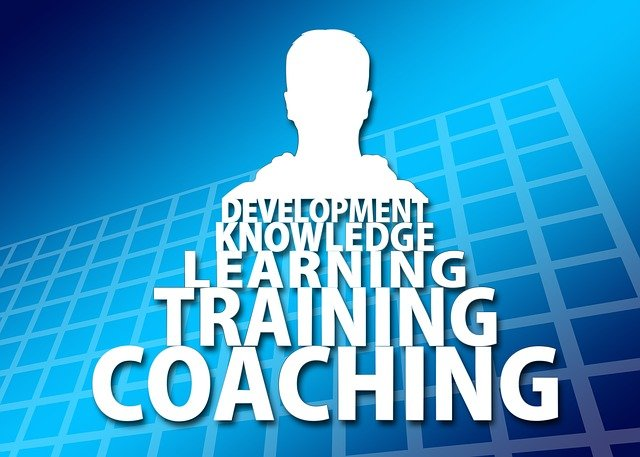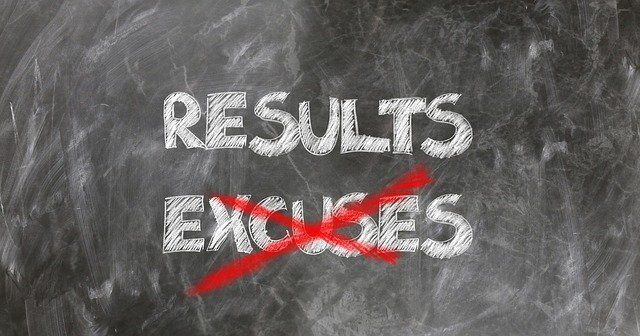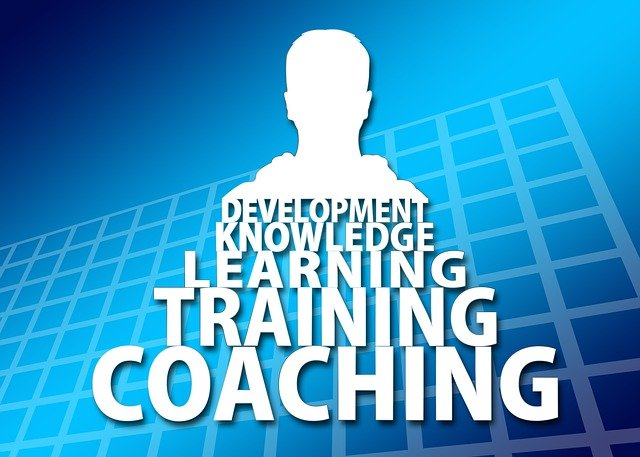
A Guide to Executive Coaching: What It Is and When To Use It
What is Executive Coaching?
Executive coaching is a process through which an individual receives support and guidance in achieving their professional goals. The coach works with the Executive to identify areas of improvement and develop a plan of action to help the client achieve positive change and reach their desired level of success. Executive coaching is often used to help leaders transition into new roles or improve their performance in existing roles within organizations.

Executive coaches are different from Business coaches as they focus on the professional development of the Executive, whereas business coaching focuses on growing the business.
The executive coaching process typically begins with an initial meeting between the coach and client to discuss the goals of coaching and any areas of concern the Executive would like to address. The coach and client then develop an action plan and set tangible goals. Throughout the coaching process, the coach provides support and guidance while holding clients accountable for their progress. Ultimately, executive coaching aims to help the client achieve positive change in their professional life.
The organization or company often engages executive coaches to work with senior leaders and managers to support improved performance for the business.
What does an executive coach do?

An Executive Coach will improve all aspects of the work performance of their client using practical tools and appropriate professional guidance in many areas, including:
- Personal and professional development
- Talent development
- Leadership skills
- Communication
- Team development and management
The executive coaching process typically begins with an initial meeting between the coach and client to discuss the goals of coaching and any areas of concern the Executive would like to address. The coach and client then work together to develop an action plan and set tangible goals.
Throughout the coaching process, the coach provides support and guidance while holding clients accountable for their progress. Ultimately, executive coaching aims to help the client achieve positive change in their professional life.
When to use an executive coach?

If you are considering coaching, or if you are looking to hire a coach for someone on your team, it is important to find a coach who is a good fit for you or your organization.
When searching for a coach, consider their experience, coaching style, and areas of expertise. Also, be sure to ask about their approach to coaching and what they believe are the essential elements of a successful coaching relationship.
There are several situations in which executive coaching may be beneficial. Some common reasons why executives seek out coaching include:
- Taking on a new leadership role within an organization
- Preparing for a major career change
- Facing challenges with teams morale or performance
- Experiencing difficulty with work/life balance
- Dealing with conflict within the organization
- seeking ways to improve communication and relationship-building skills
- You aspire to achieve more
- You want to become a better manager
- You are looking for unbiased feedback
- You value expertise
Coaching for all your organizational needs

Every organization and business has unique and specific needs and objectives for which every team member is responsible for delivering. Hiring a professional certified coach gives you an outside resource to identify the blind spots of the leadership and key team members.
The coach becomes an accountability partner for the executives in those performance metrics outside the traditional KPIs managing results demand.
In addition, the coach will be able to provide training solutions to departments and their employees to ensure that the Executive is maximizing the performance throughout their division.
Common Questions

Does an executive coach need niche-specific business expertise?
An executive coach does not need specific business expertise to be effective. However, it is helpful that the coach understands the business world and the executives’ challenges.
This knowledge can help the coach better understand the client’s goals and identify areas of opportunity for improvement.
What is the coaching process?
The coaching process is collaborative and individualized. The coach works with the client to identify areas of focus and goal, and together they create strategies and a plan of action. The coach provides support and guidance throughout the process, holding the client accountable for their progress.
Most importantly, the coaching relationship is based on trust, mutual respect, and confidentiality. The coach-client relationship is a partnership in which both parties are committed to the client’s success.
How to find an executive coach?
There are several ways to find an executive coach. Some executives find coaches through recommendations from colleagues or friends. Others may search for coaches online or through professional directories.
When searching for a coach, it is important to consider their experience, coaching style, and areas of expertise. Also, be sure to ask about their approach to coaching and what they believe are the essential elements of a successful coaching relationship.
What is the difference between a Life Coach, a Business Coach and an Executive Coach?
Today you can’t walk a few steps before bumping into someone who offers coaching services. The different styles range from:
- Life Coaching
- Career coaching
- Leadership coaching
- Relationship coaching
- Sales coaching/training
- Performance coaching
- Business coaching
- Executive Coaching
While the labels seem pretty obvious on the face of it, they aren’t the same thing. To explain,
- A life coach helps individuals identify and achieve personal goals.
- A business coach helps business owners and entrepreneurs develop and implement strategies to improve their businesses as a whole.
- An executive coach works with executives and senior managers to help them improve their job performance, develop leadership skills, and progress in their careers.
Each type of coach has a different focus and uses different techniques. But all coaches share one common goal: to help their clients improve their lives or businesses.
It is important to understand that an Executive Coach has expertise in almost all these areas. They can act as a mentor to their clients, being the sounding board without needing to be concerned about the political nature of the boardroom.
As any CEO will tell you, their chair can be a very lonely place!
What is the cost of an executive coach?
The cost of coaching services will depend on several factors, including the coach’s experience and qualifications. However, what is more, important to consider is the confidence you have in the coach being able to build trust, your confidence and respect so that you commit to achieving the goals and objectives of the relationship.
Choosing a coach based on cost alone (affordability and budgets excepted) is the wrong criteria. Instead, consider the level of investment you will be making into your improved performance or that of your team and organization and ask what the cost of engaging the wrong coach would be!



